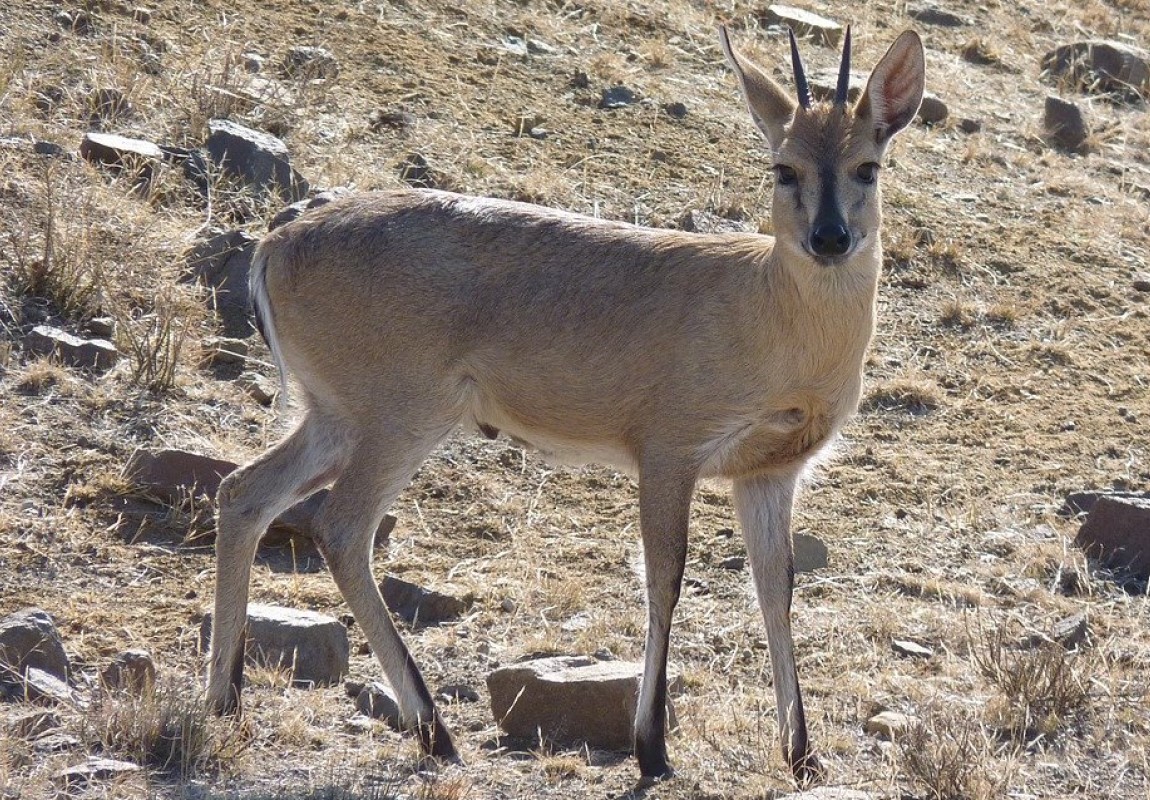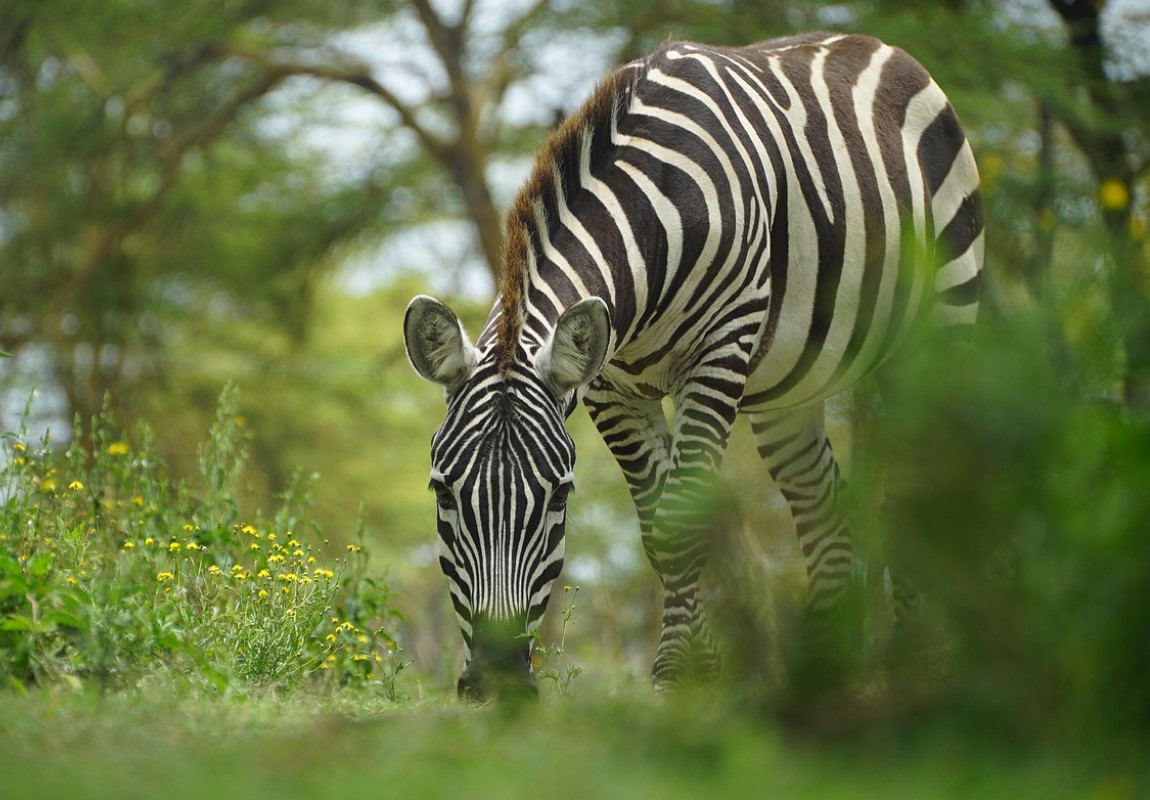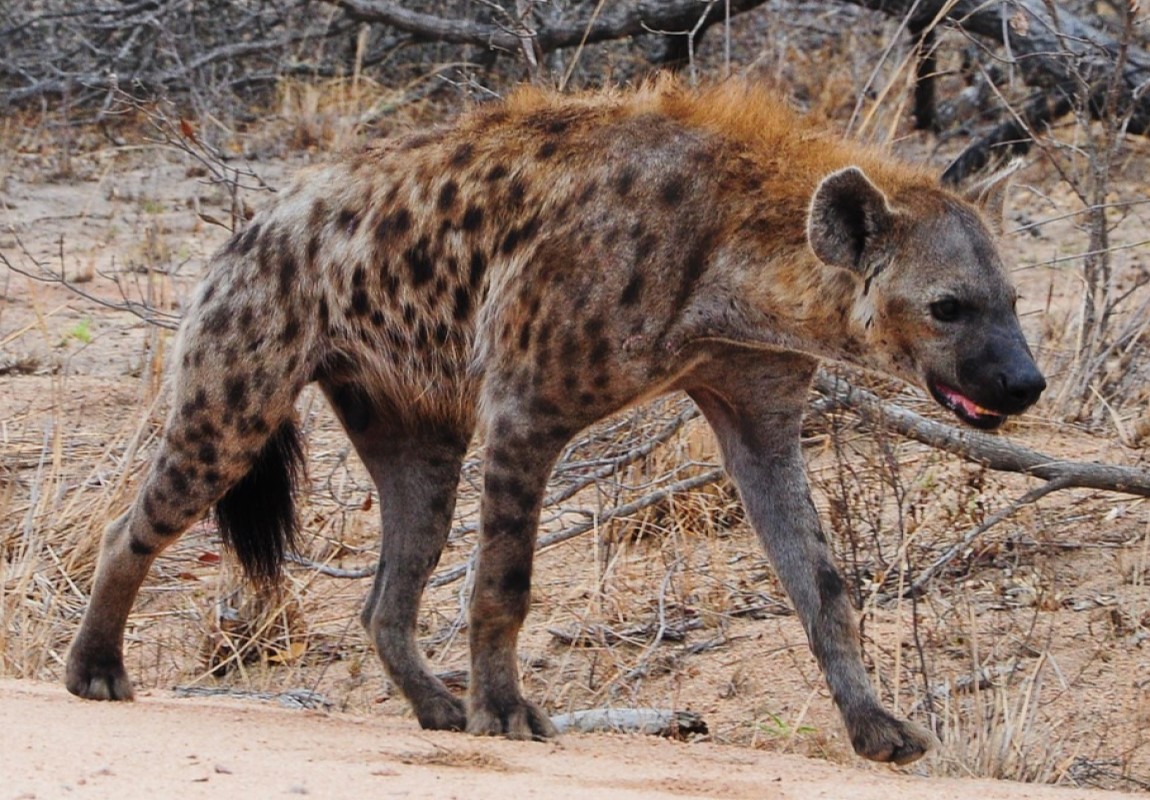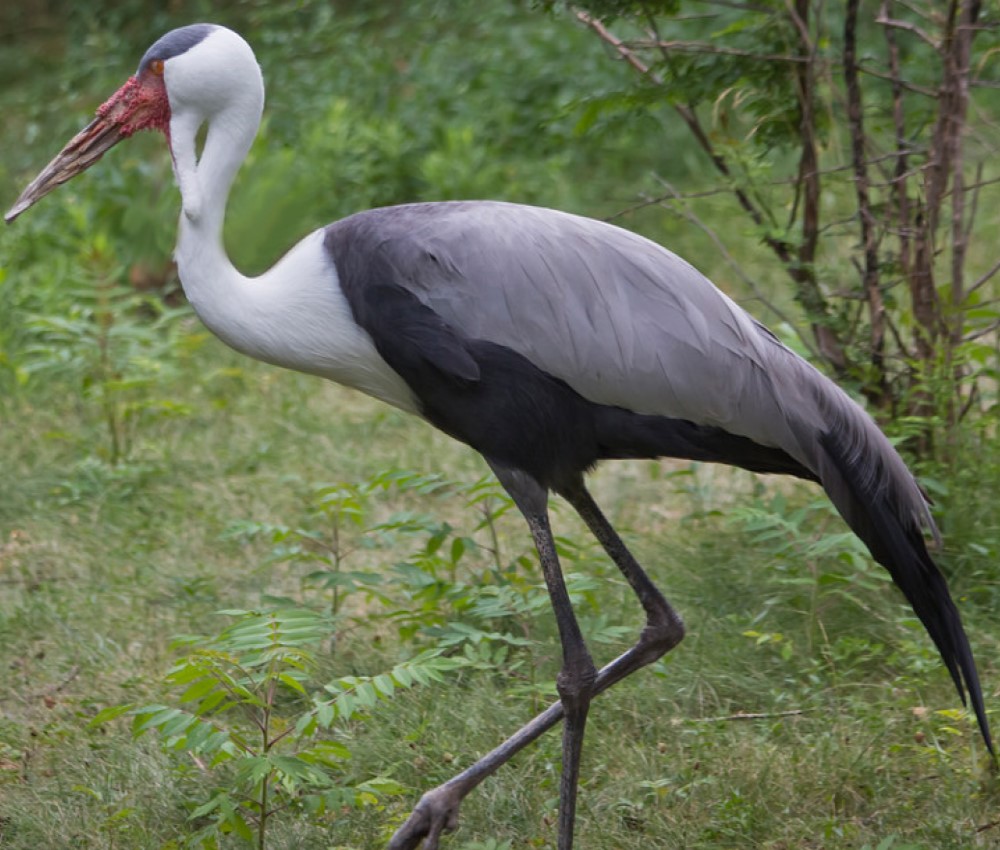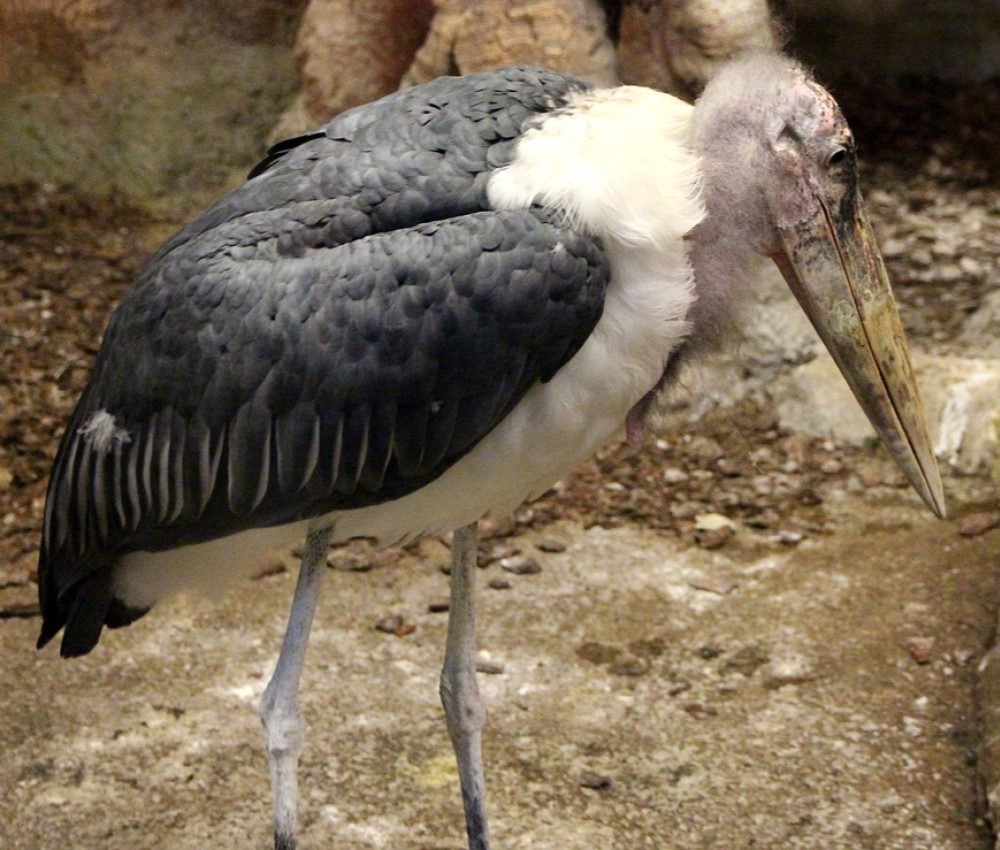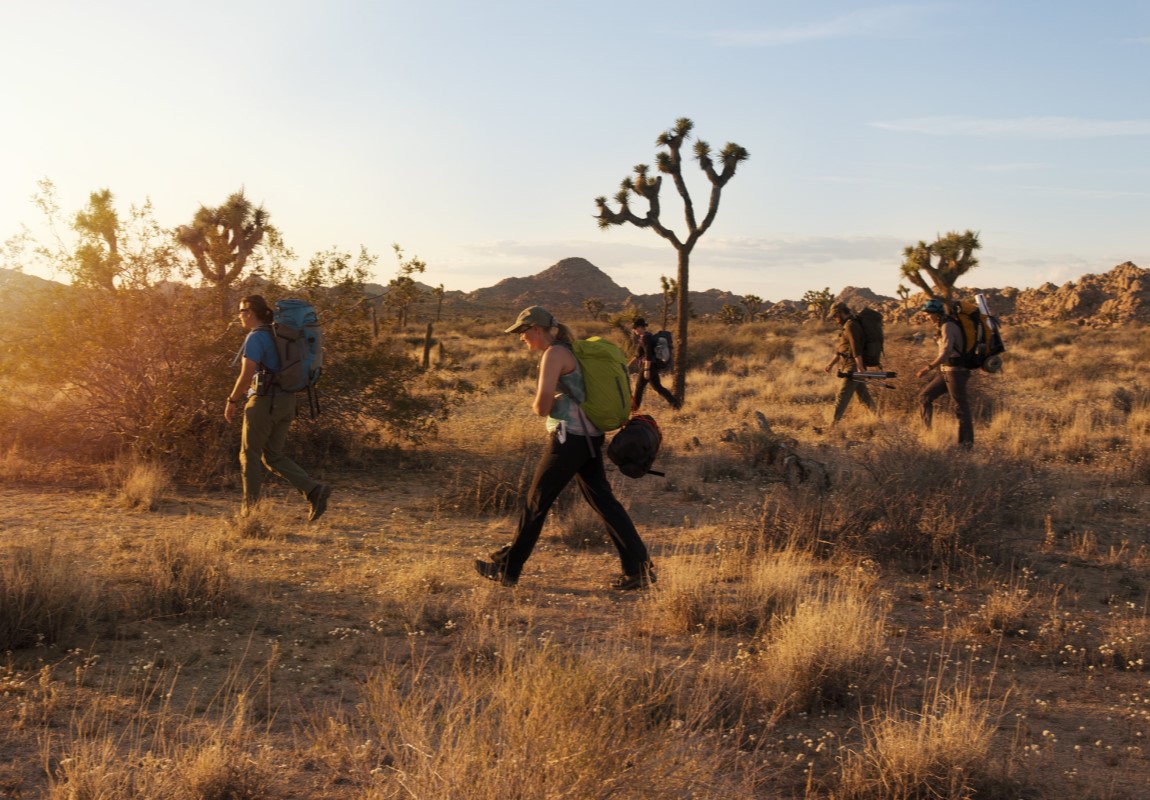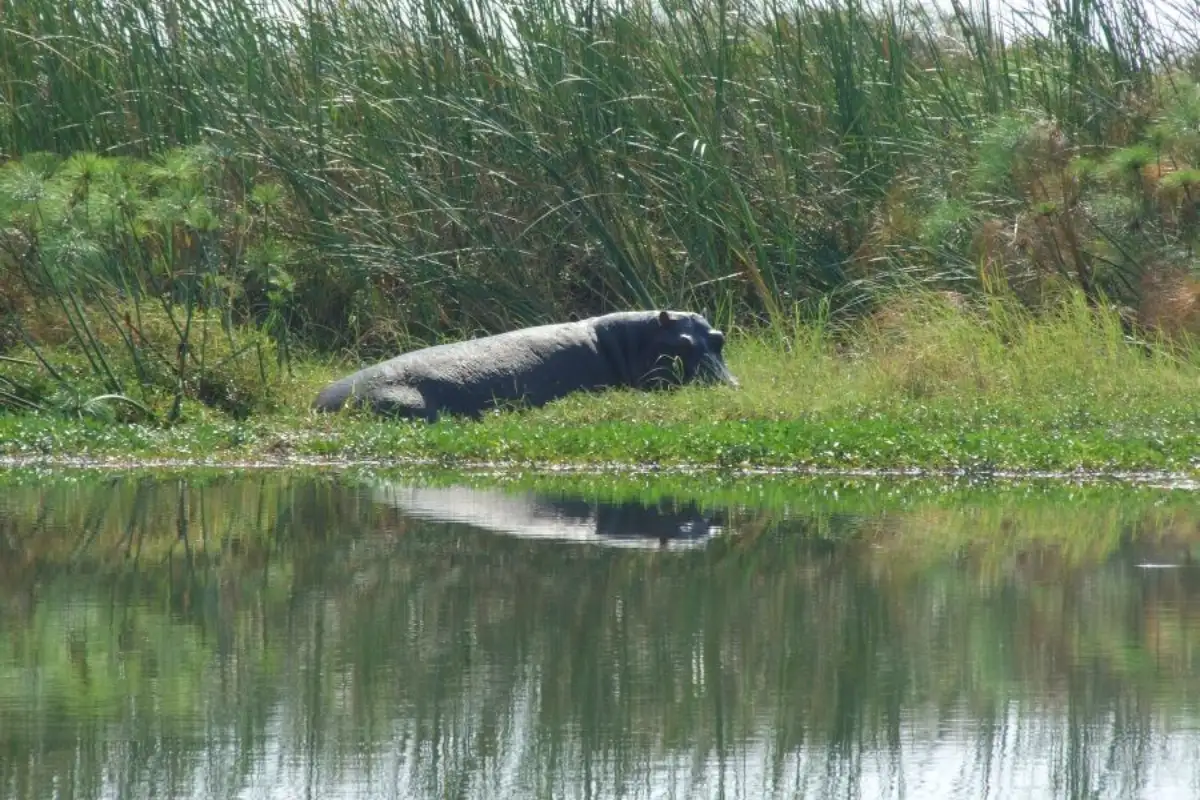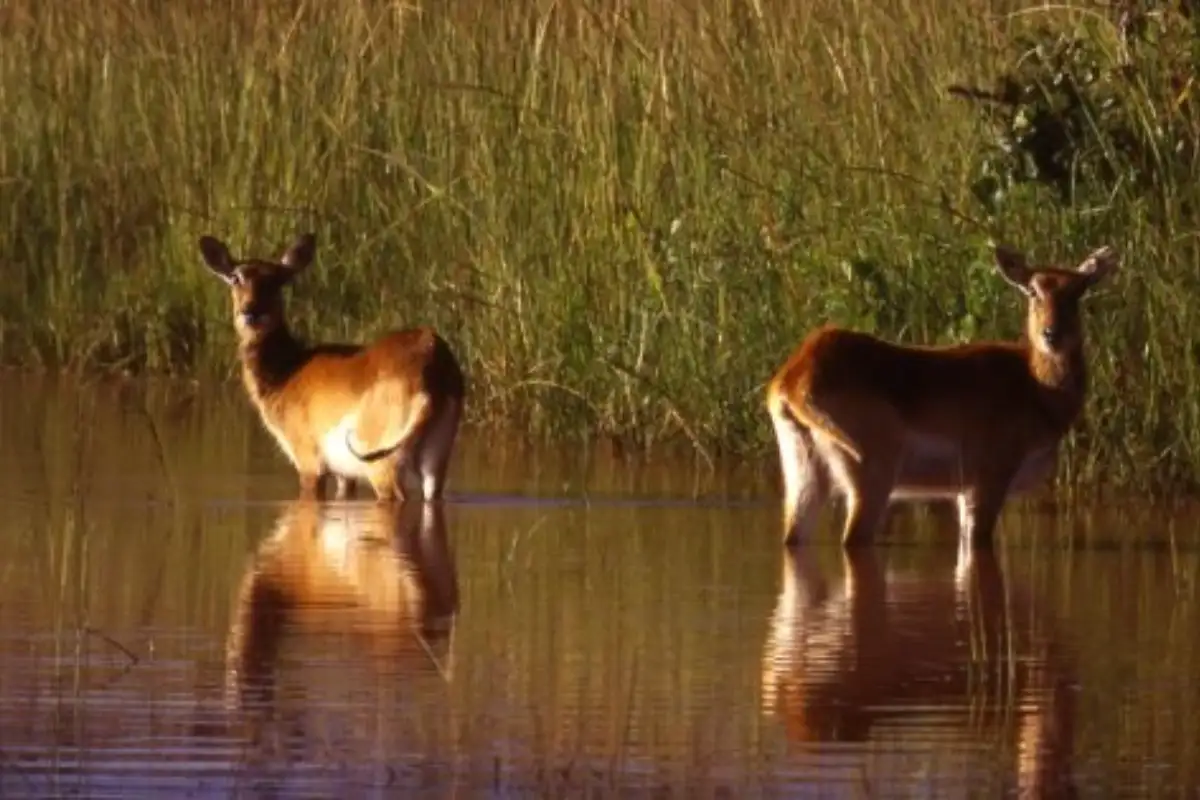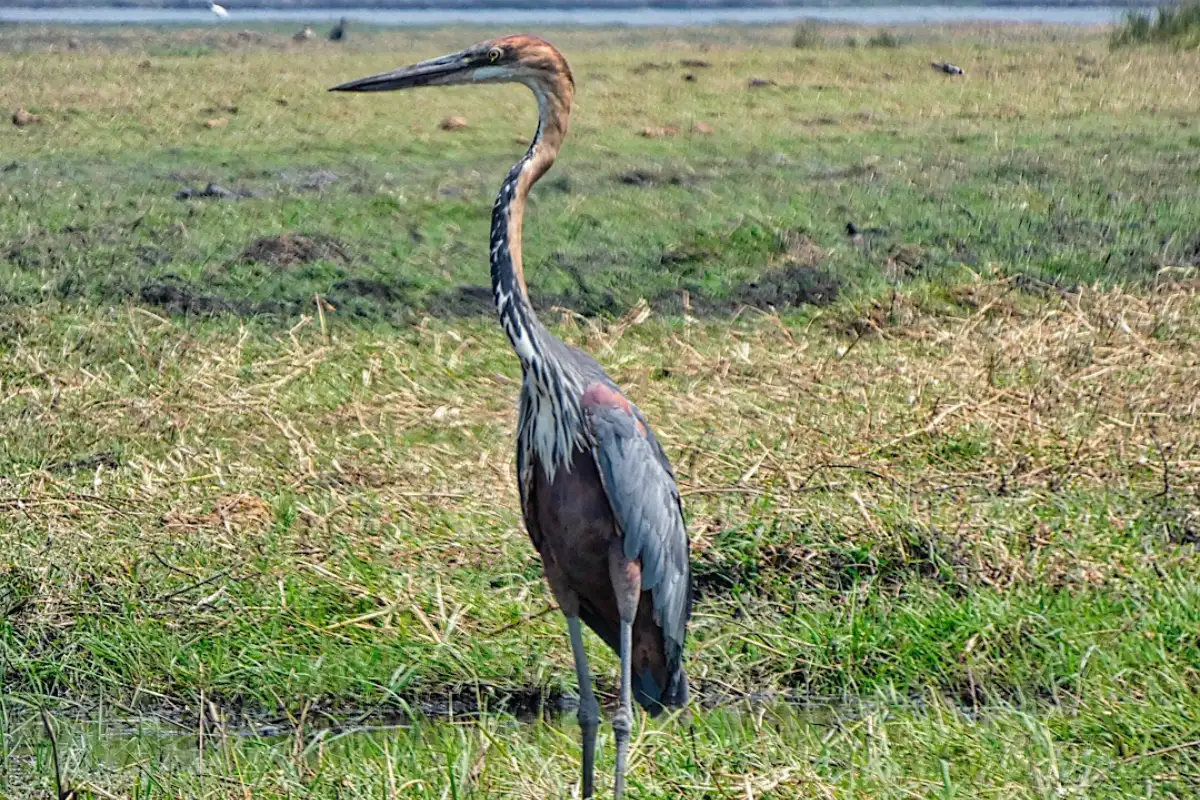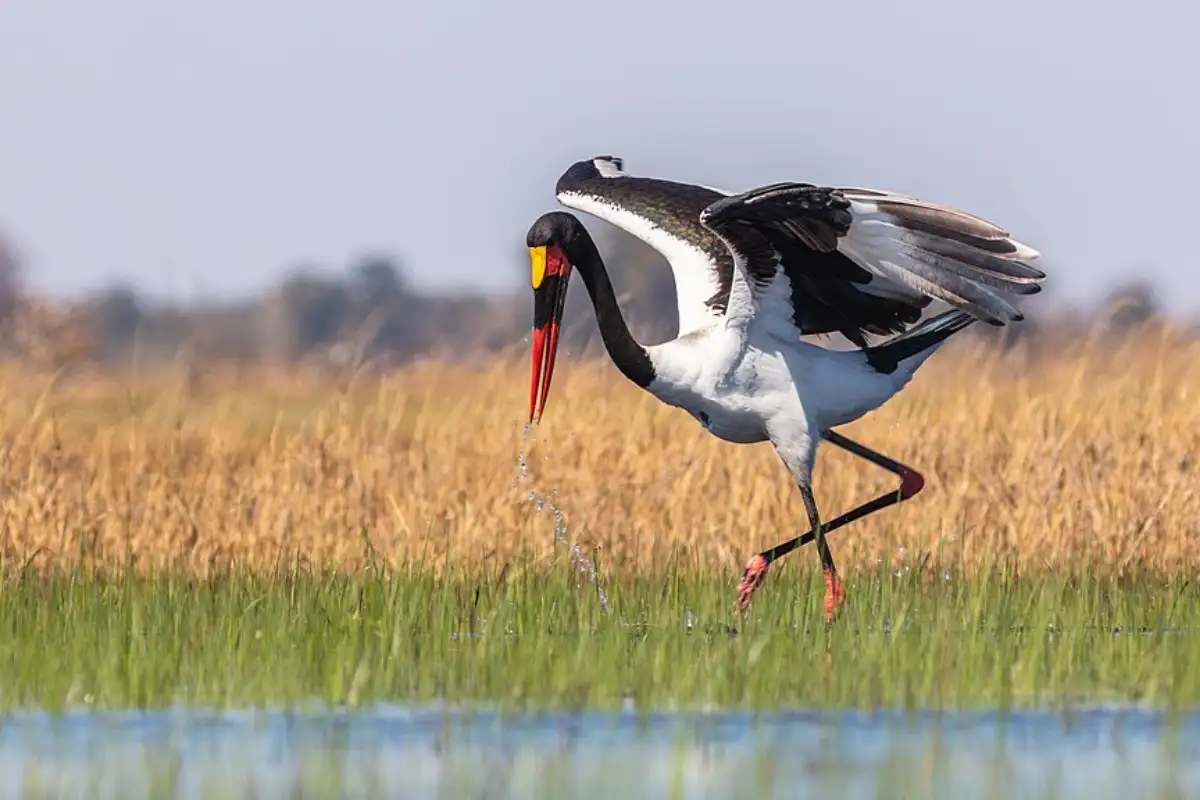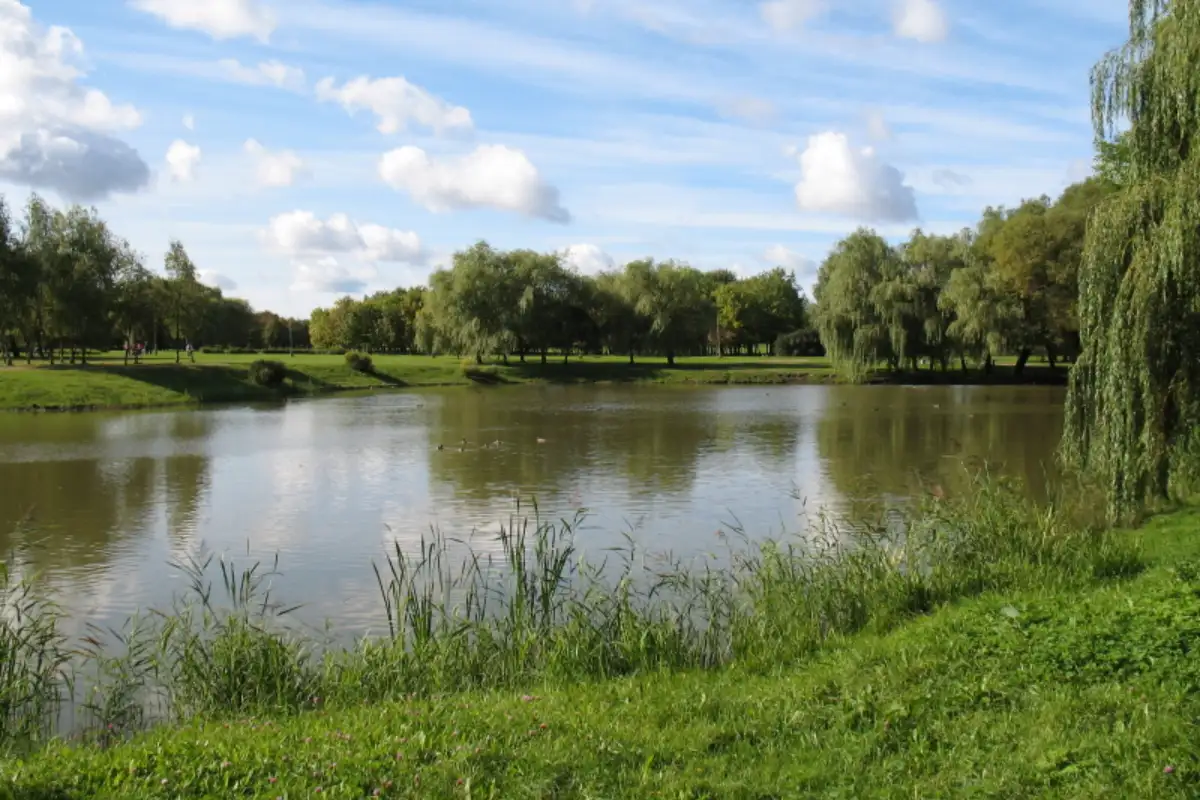Overview – Lochinvar National Park
Lochinvar is an almost untouched wetland setting with some astonishing birdlife with over 420 species. The Park is situated on the southern edge of the Kafue Flats, a wide floodplain of the Kafue River between Itezhi tezhi dam in the west and Kafue Gorge in the east. Wildlife viewing is limited, but the Kafue lechwe is abundant.
-
Wildlife8 Animals
-
High SeasonNever Busy
-
Best Time to GoJuly to November
Pros & Cons
- Off-the-beaten-track destination
- Unguided walking is allowed
- Amazing place for Bird lovers with over 400 species
- Home to big herds of the endemic Kafue lechwe
- Limited wilderness appeal
- No accommodation or any other facilities are available
- Tracks are overgrown and mostly unnavigable
Lochinvar National Park Map in Africa
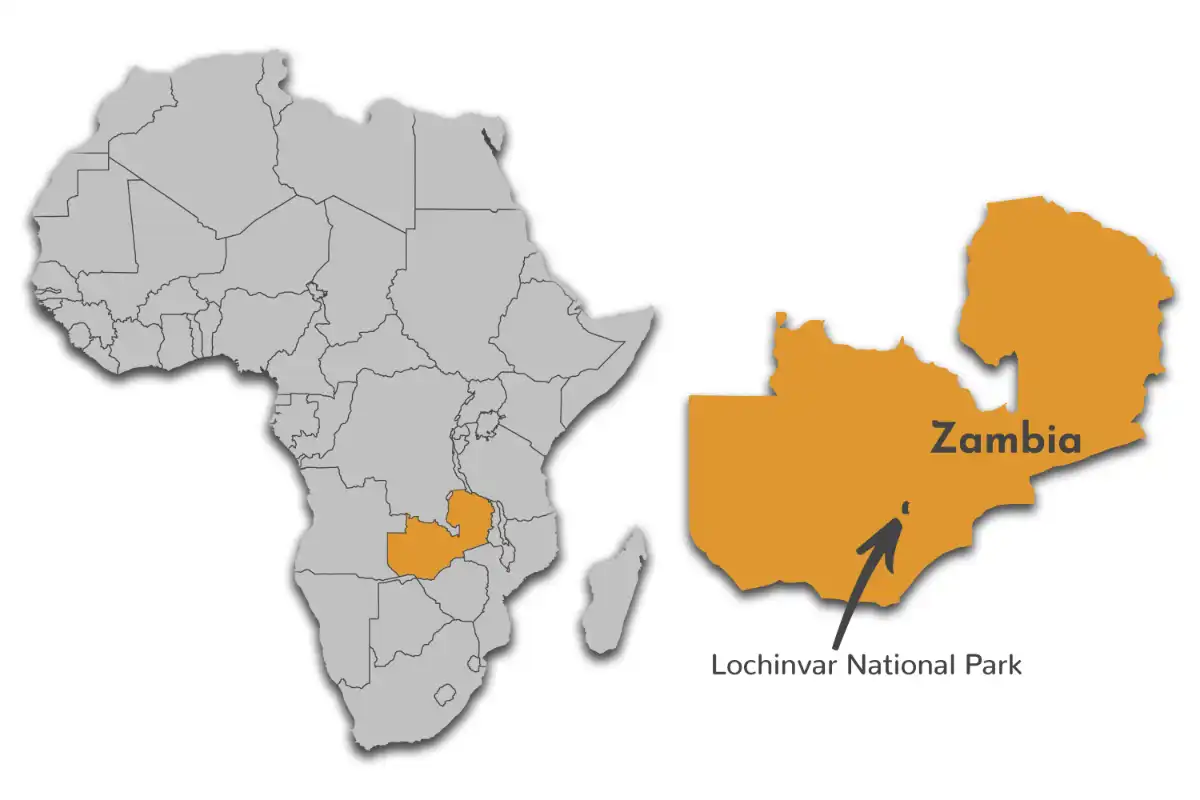
Lochinvar National Park Safari Reviews
Want to Visit Lochinvar National Park?
Wildlife & Animals – Lochinvar National Park
Lochinvar National Park is particularly well known for the large herds of Kafue lechwe, unique to the Kafue flats. Other antelope are the blue wildebeest, kudu and oribi. Apart from buffalo, none of the Big Five is present. In some places, Burchell's zebra can also be spotted sometimes.
Wildlife Highlights
The Kafue Flats floodplain, in the northern section, floods from the Kafue River, and here you’ll find thousands upon thousands of the endemic Kafue lechwe, one of three subspecies of lechwe found in Zambia. More than 30 000 of them make the flats their home and move seasonally according to the flood level.
Best Time for Wildlife Viewing
The best time to visit Lochinvar National Park for wildlife viewing is during the dry season from July to October, when Animals gather around Chunga lagoon at this time. Also, the vegetation is thinner during these months, which makes spotting much easier.
Want to Visit Lochinvar National Park?
Birds – Lochinvar National Park
Lochinvar National Park is an incredible birding destination, with over 428 species. Hundreds of wattled cranes can be seen feeding on vegetable matter dug from the soft mud and the large marabou stork scavenging for stranded fish. Around Chunga Lagoon you’ll find the greater and lesser flamingo, the pink-backed and white pelicans, the African skimmer, the Caspian tern, Baillon’s crake and the red-knobbed coot. Many species of duck are abundant in this environment; the black duck, fulvous duck, whistling duck, pintail, garganey, southern pochard, pygmy goose, yellow-billed duck and the Cape and European shovellers. Waders include avocet, the Mongolian, Caspian and Pacific golden plovers, whimbrel, turnstone, sanderling, little stint, spotted redshank, black-tailed and bar-tailed godwits and six species of sandpiper. Over 50 raptors occur including the black sparrowhawk, osprey, secretary bird, African cuckoo hawk and the peregrine falcon to name a few.
Notable Birds in Lochinvar National Park
Best Time for Bird Watching
Lochinvar offers a great birding experience throughout the year. However, the best time to visit is during the wet season from November to April. It is also the time when migratory birds are available and a lot of birds can be seen in breeding plumage.
Want to Visit Lochinvar National Park?
Best Time to Visit – Lochinvar National Park
Water sources in the bush dry out during the middle and end of the Dry season from July to October. During this time animals will generally gather around the Chunga lagoon, the primary region available to visitors. Hence, July to October is the best wildlife viewing month. The floodplains may be hard to access during the Wet season.
-
Best Time
July to November
-
High Season
Never Busy
-
Low Season
Never Busy
-
Best Weather
April to August
-
Worst Weather
October to March
June to October (Dry Season)
- Best time for Wildlife viewing
- It is sunny, and there is little rain
- Fewer mosquitoes and less chance of catching malaria
- The sky is hazy with a lot of dust in the air
- The weather is extremely hot in October
- Warm clothes are recommended for the early morning & night chill weather
June to October (Wet Season)
- Birding is best as migratory birds are present
- Plenty of baby animals that attract predators
- The scenery is beautiful and at its most lush also known as 'Emerald Season'
- December to January is the mating season for the Kafue lechwe
- Extreme Hot and Humid climate
- Roads become impassable and difficult to drive after heavy rainfalls
- The floodplains become difficult to approach

